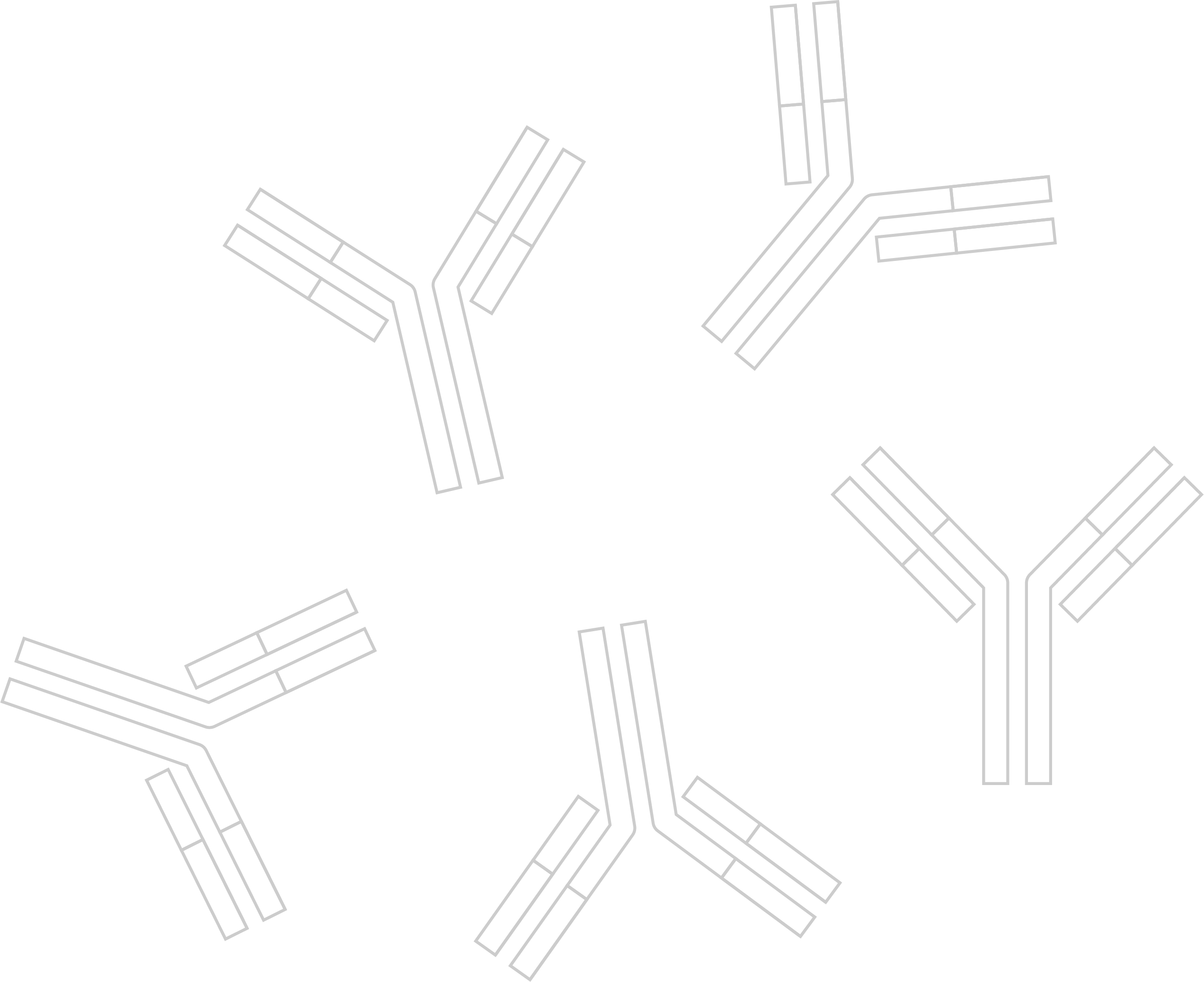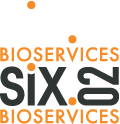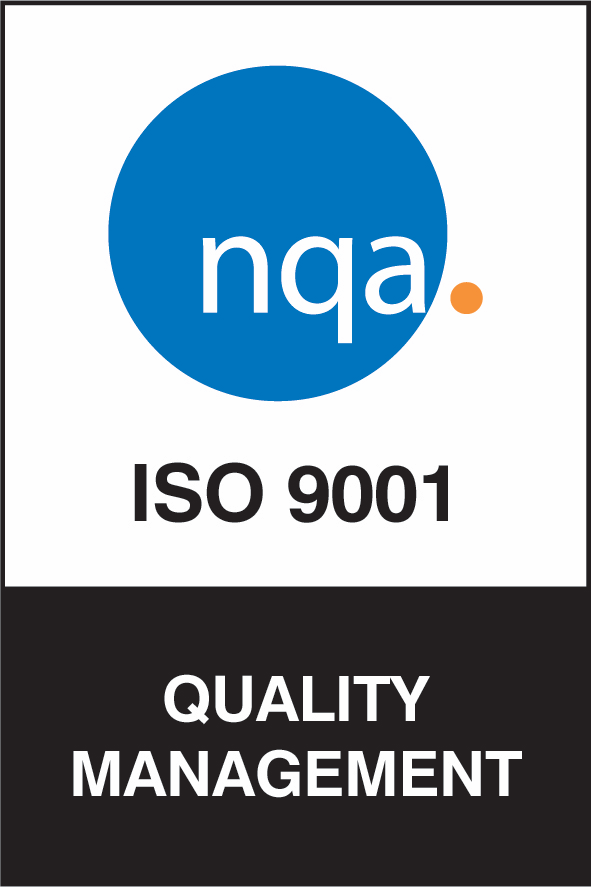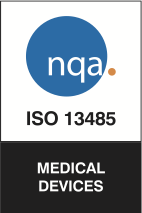- ServicesServicesEvery Kemp service is customized to meet the client’s specific needs and project specifications.Protein Expression ServicesAntibody ServicesProcess Development Services
- Work With UsWork With UsAll-encompassing client satisfaction is the Kemp team's top priority.FormsProject ApproachTimelines & DeliverablesQuality AssurancePolicies & Practices

- ScienceScienceWe are a quality-focused company committed to continually improving our systems and technologies.Our TechnologiesScientific Presentations

- AboutAboutKemp Proteins specializes in providing innovative solutions to protein expression problems.

- REQUEST A QUOTE
FAQ
General Questions

My project is confidential—can you sign a confidentiality or material transfer agreement?
We are conscious of the confidentiality required by most of our clients and, as such, we use one of our template documents, i.e. our standard Non-Disclosure Agreement (NDA) or our Master Service Agreement (MSA). We can also work from a template that you provide to us.

How do I place an order?
There are three ways we typically accept a project order:
- over the phone: 240-629-8924
- by email: sales@kempproteins.com
- via our online quote request form
We typically require a Purchase Order to start a project.

Do you accept in person materials drop off for a project?
Yes, you are welcome to drop off your materials in person, provided that you have appropriate documentation. Our standard hours of business are 9 a.m. to 5 p.m., Monday through Friday.

How quickly can you start my project?
We initiate most projects soon after receipt of a Purchase Order and all required materials from the client or from vendors.

Who owns the project materials at the end of the project?
Unless otherwise specified, typically the client owns all project materials. Kemp Proteins does not retain any ownership rights.

Do you accept credit card payments for projects?
Although we prefer to use a Purchase Order, we are able to accept all major credit cards for orders below $2,501.

Will you accept my FedEx account number (or other courier account) for shipment?
Definitely, but please make sure you provide this number to us prior to the completion of your project. We typically deal with FedEx, DHL, UPS, and World Courier.

Can I collect my final deliverables in person to avoid shipping fees?
Yes, you are welcome to collect your materials in person, provided that you have appropriate documentation. Our standard hours of business are 9 a.m. to 5 p.m. Monday through Friday.

What level of Quality are you: GMP or GLP?
Kemp Proteins is ISO 9001:2015 accredited. We operate to a QMS that is designed to be compliant with ISO 13485.
Gene Synthesis and Vector Construction for Gene-to-Protein Projects

What is the turnaround time for gene synthesis and vector construction?
Depending on the starting point and the information provided by the client, most projects are completed in 1-2 weeks; however, custom projects involving more design input may take a little longer.

Can you initiate a project if I only have the gene sequence?
Yes, this is an ideal starting point for a gene-to-protein project. We will use the sequence to generate plasmids and vectors and perform initial test expressions.

How do I supply the sequence for my target protein?
We can accept this information by email or through your secure portal, if the sequence is confidential.

Can you initiate a project if I only have an antibody?
Yes, we will use the materials to sequence the Ig variable region to generate plasmids and vectors before performing initial test expressions.

Can you initiate a project if I supply the vectors?
For most protein expression projects, 2-10µ of expression vector(s) is sufficient.

What are the standard project deliverables?
For all standard gene-to-protein projects, the deliverables are amino acid sequence (if applicable), construct design and expression vector, purified protein, and production summary, including a Certificate of Analysis.
Protein and Antibody Production

How long will a small-scale protein production project take?
Including vector construction, most small-scale production projects are completed in less than 5 weeks.

Will you accept client specification for protein aliquoted volume and concentration?
Yes, during the initial client consultation, we discuss specific formulation buffer and the number and size of each vial required for final delivery.

What is your Mycoplasma Policy on incoming materials?
All incoming materials are required to be certified by PCR as mycoplasma-free.

Can I define a specific purified antibody/protein concentration?
We typically work to a protein concentration of 1-2 mg/mL but, depending on client preferences, this concentration range can be adjusted. However, be aware that some proteins precipitate when too concentrated or in certain buffers, which could drastically reduce the final yield.

What is your preferred storage buffer?
We typically supply proteins in PBS without preservatives such as sodium azide or protein stabilizers such as BSA. We are happy to discuss other final buffer formulation options.

What other types of purification do you offer, other than Protein A?
Protein A is just one of the custom protein purification options we offer. Our Bio-Rad NGC™ purification system is optimized to perform all routine chromatography methodologies including affinity, ion exchange, hydrophobic interaction, and size-exclusion chromatography. We use other equipment to perform small developmental chromatography methods for more esoteric proteins and antibodies.

Are the antibodies or proteins suitable for in vivo studies?
We will supply proteins in PBS without preservatives such as azide or protein stabilizers such as BSA. The endotoxin levels will be < 2EU/mg, which qualifies them for most in vivo studies. To meet the most stringent requirements, we can produce proteins with lower endotoxin levels: <1EU/mg

How accurate is the protein concentration measurement of the purified proteins?
We utilize the Implen NanoPhotometer® to determine protein concentration at A280, adjusting for the theoretical extinction coefficient. This system is recognized in the industry as a suitable method for accurate determination of protein concentration of purified proteins.

I have a low-expression antibody and would like to obtain greater yield. Can you optimize?
We understand protein expression and the factors that affect expression rates. Depending on the origination of the antibody, we have a variety of options. For hybridoma, we can try a variety of protocols to increase expression, including the use of various media and different methods for growing cells; or we can convert the hybridoma-derived antibody to recombinant antibody. Hybridoma-to-antibody conversion can be used to solve several challenges related to production of antibodies from hybridoma cells. If the antibody is already a recombinant, we can investigate the heavy-to-light-chain ratio and the type of host cell used.





